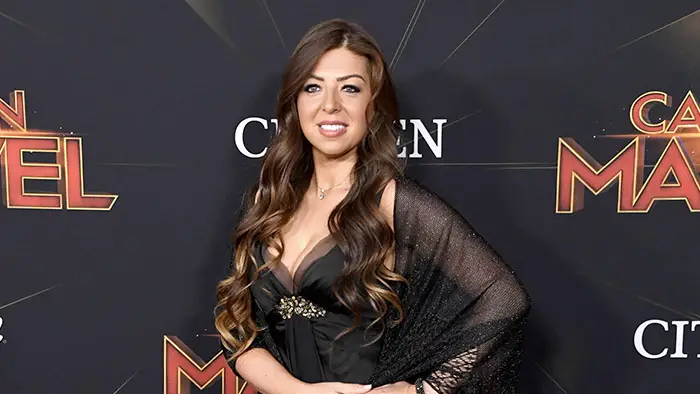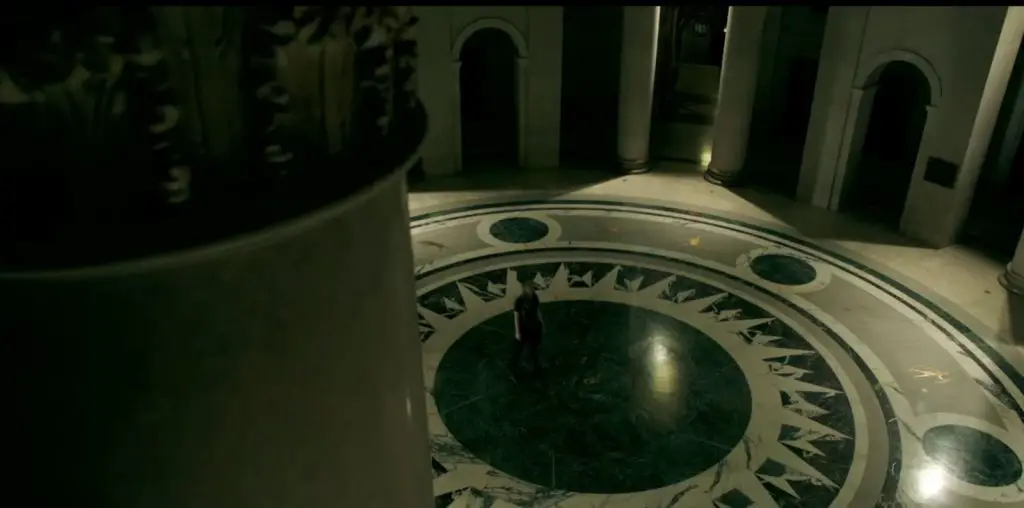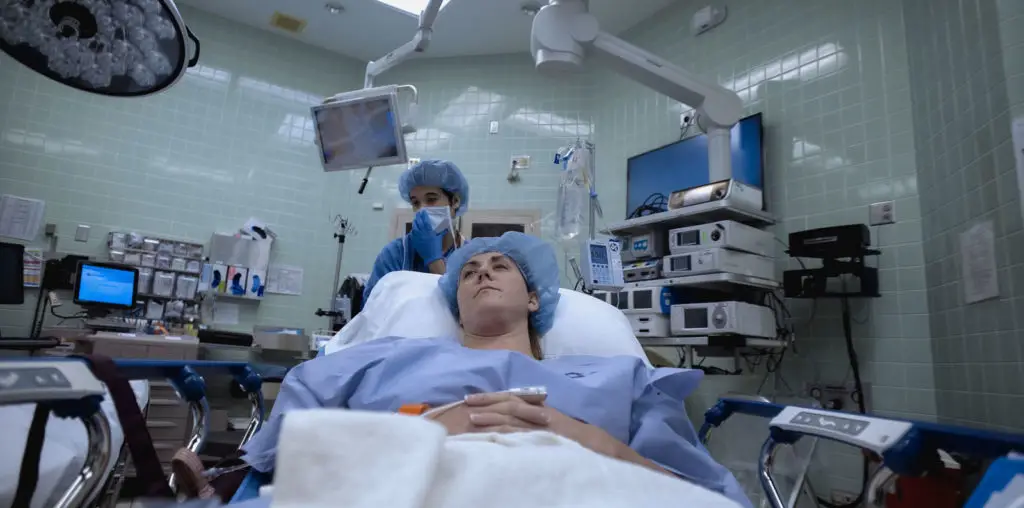
While working there, I knew that I always wanted to work for Hans Zimmer, obviously cause I started loving his work. He had a significant impact on my love for scoring. Then it all just started rolling from there. My Paramount Internship led to a job working for Hans directly. And after that, I worked for another incredible arranger/orchestrator William Ross. With Bill, I got my first opportunity to score a short film by David Ellison, who owns Skydance and one of the most successful producers in town right now.
Looking back, it’s just that everything led to the next thing. It’s funny how you connect the dots. After that, I scored this video game called Ninety-Nine Nights. That led to my first film Behind Enemy Lines 2. I got that one when the director heard what I did for the video game and asked me to demo for this film.
From there, I turned my living room into a factory assembly line sending out CDs and cover letters to anyone and everyone. This is before people were sending out SoundCloud links. I was sending out literally hundreds of CDs, hoping that one would hit. It was a lot of hustling.

“I wanted to learn how his [Hans Zimmer’s] mind worked and how he handles everything else aside from the music.”
It’s like a matter of getting that first one done and then rolling it from there and, at the same time, building your legacy or body of work. When you were working with Hans Zimmer, and you had the opportunity to be in his presence, what specifically did you want to learn from him?
I wanted to learn how his mind worked and how he handles everything else aside from the music. I don’t necessarily think you can learn composition by watching someone compose. You can learn their tools—their tips and tricks and shortcuts. That’s definitely helpful. But most importantly, how he handled himself in meetings and took on everything else about the business.
Regarding how he works, he’s always pushing the envelope of technology. He had a curious mind and a knack for figuring out cool ways of doing things and increasing workflow.
I’m looking at your IMDB, and the projects you worked on are varied from documentaries to genre-type films. We’re talking about the first ten years of your career. Was going after a wide variety of work intentional, or was it merely to pay the bills.
It’s a little bit of both. On the one hand, you’re just grateful to have any work. You say yes to whatever you can get your hands on. But I loved working in genres and styles that challenged me because it’s good for my person A.D.D. and also I need change.
I suppose it can get boring fast doing the same style over and over again.
Yeah. I need to shake things up a little. We all need to give our brains a bit of a challenge. Plus, early in my career, mistakes are more easily forgiven and less visible in the forefront. I began to acquire all this information and grabbing as many tools as I can and then all this experience. I’m adding more to my composition, technical, and emotional background.


